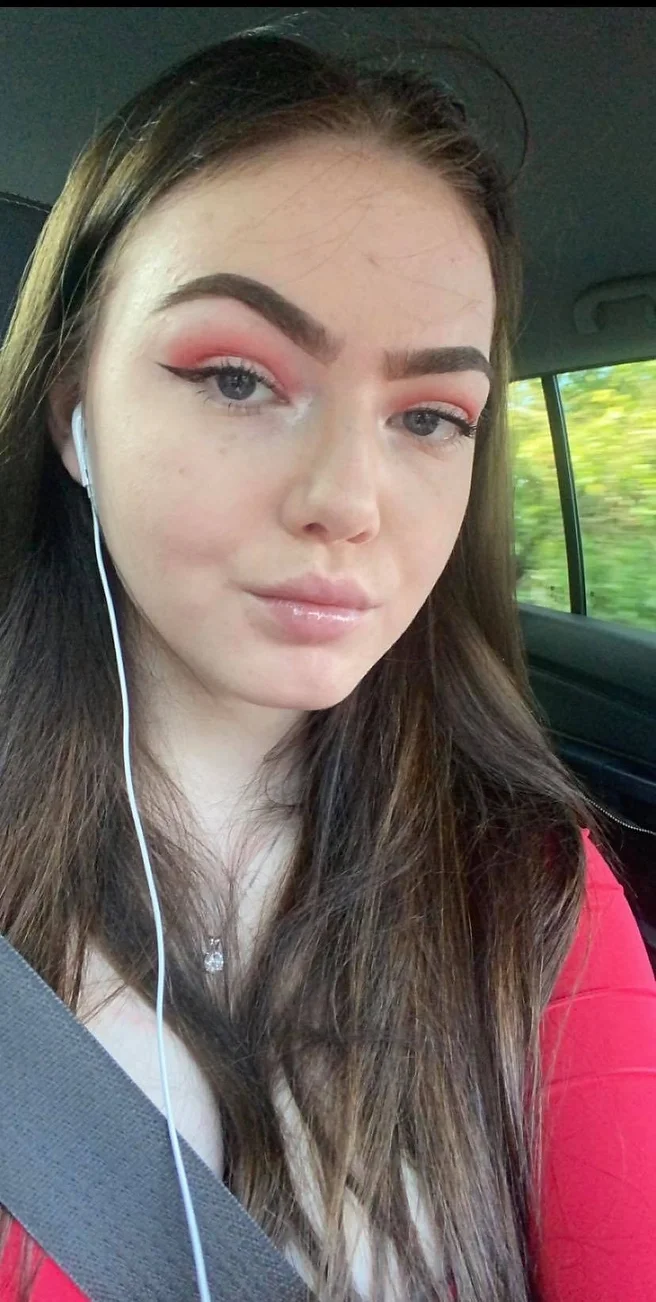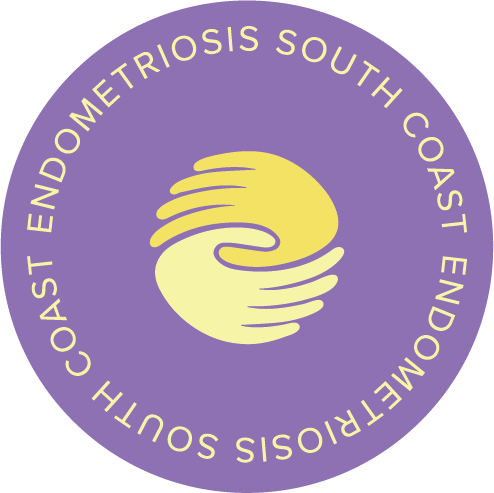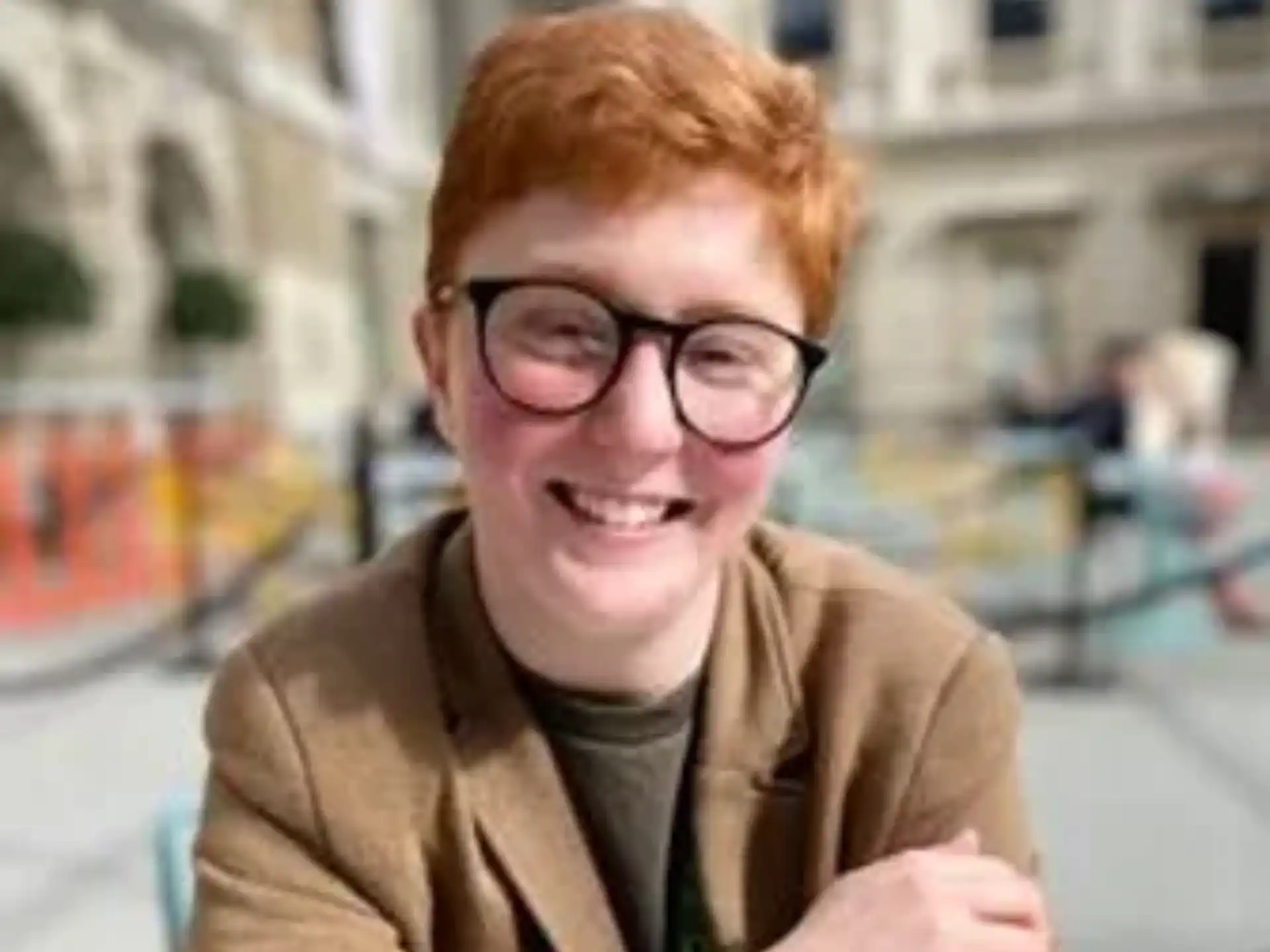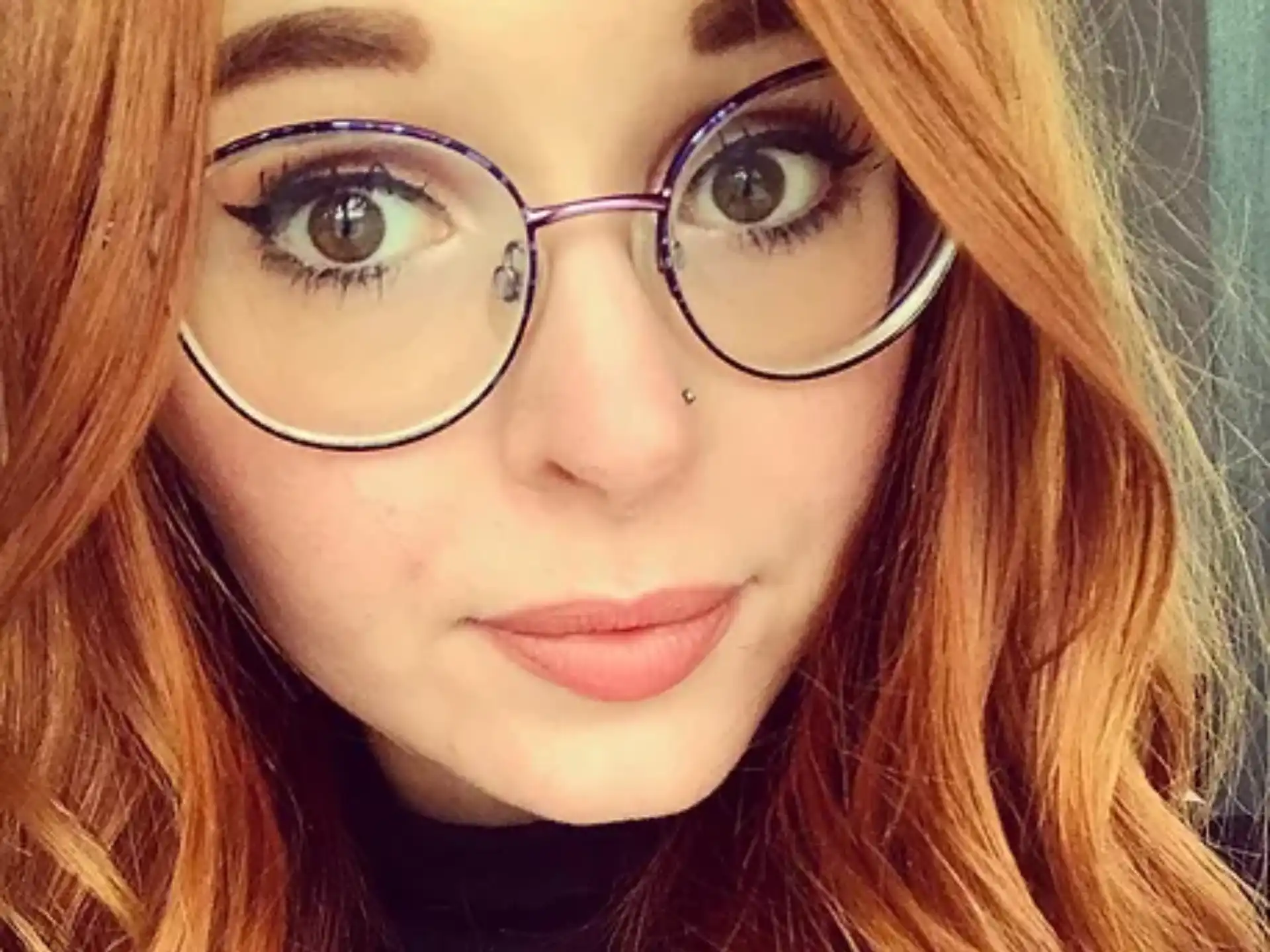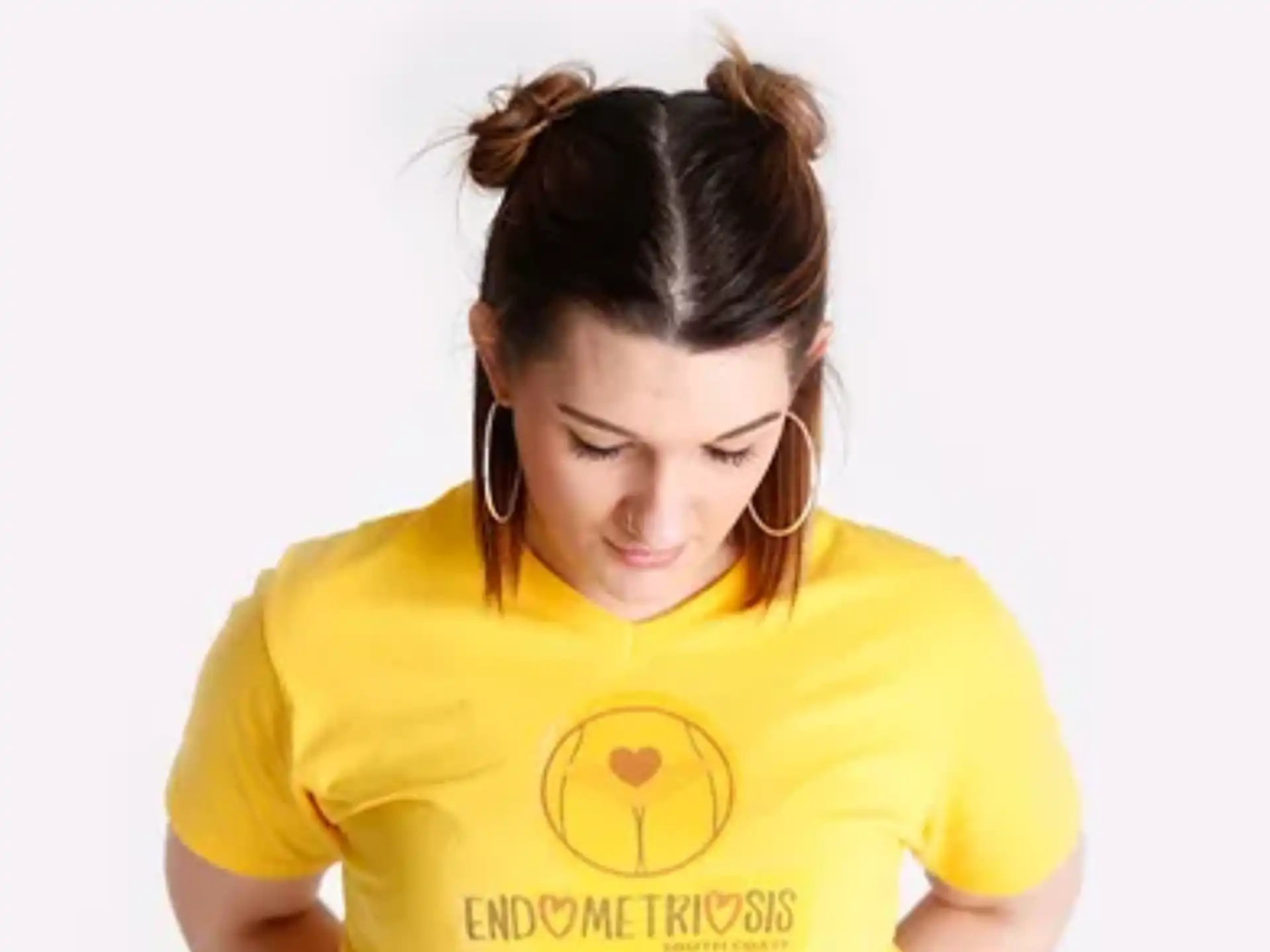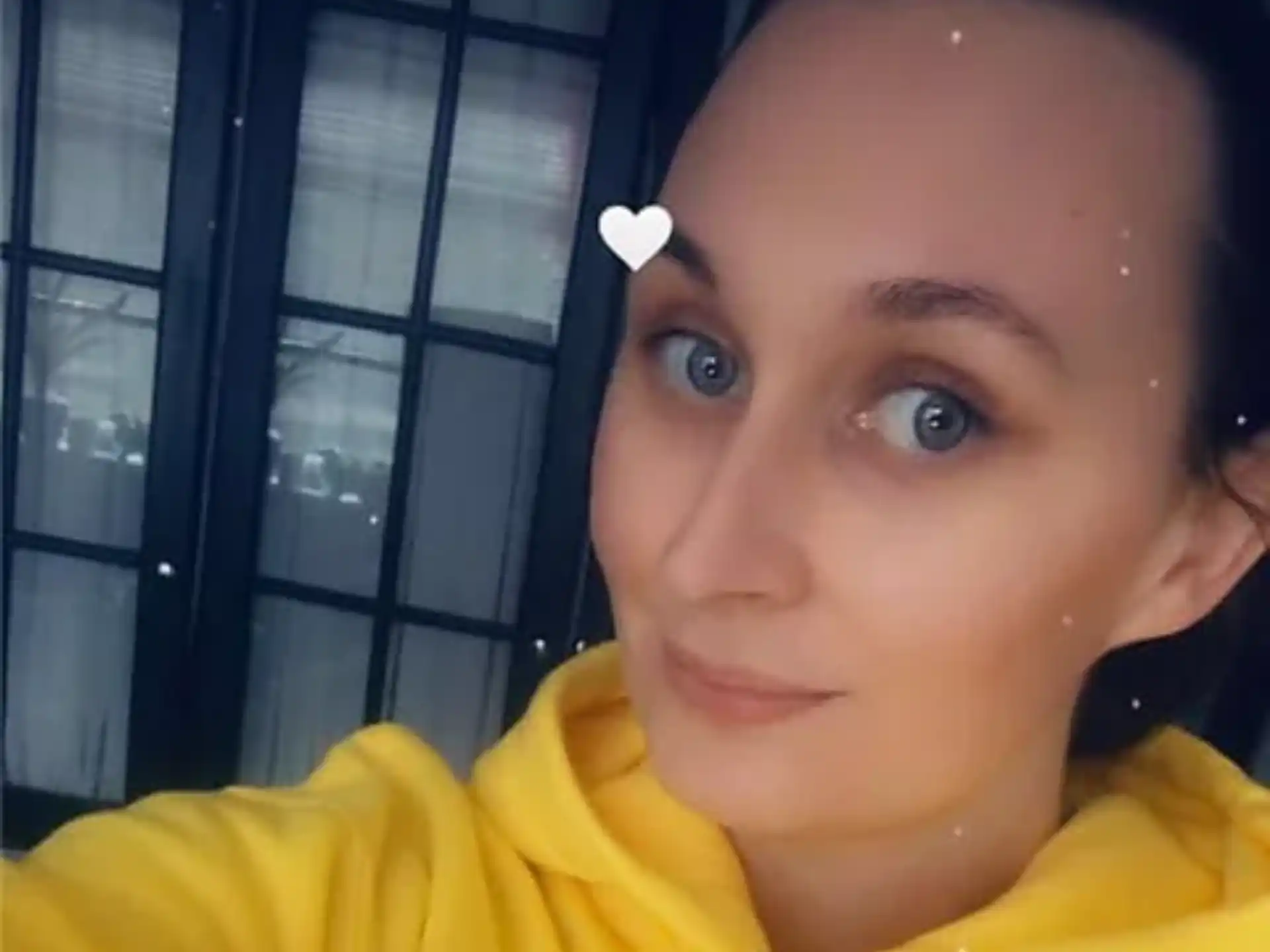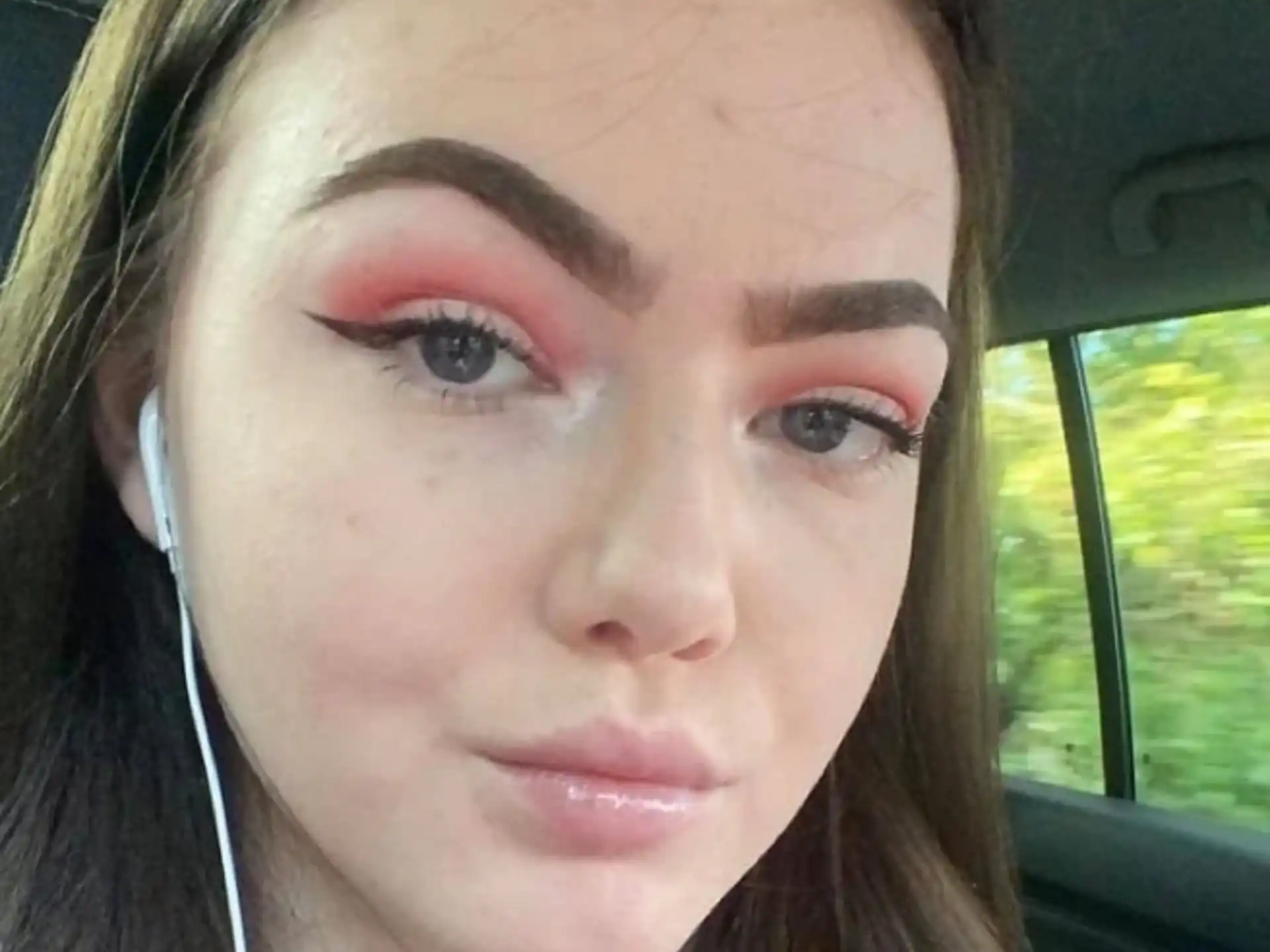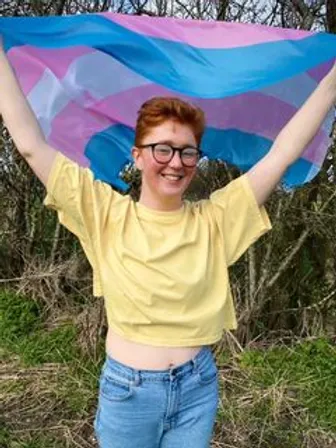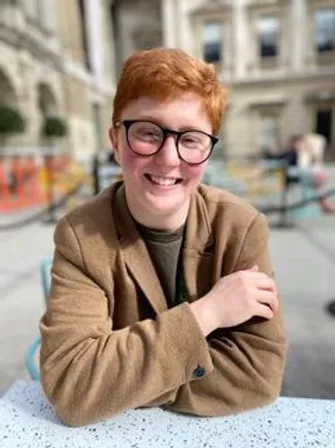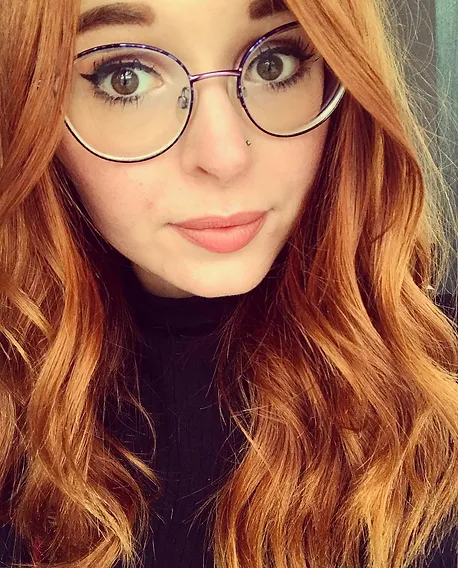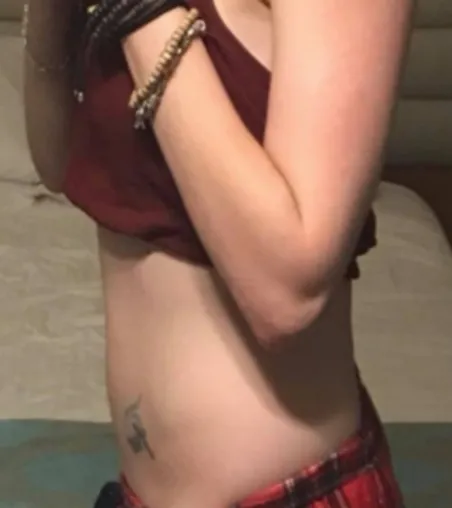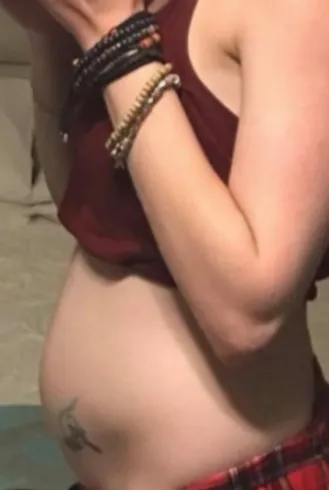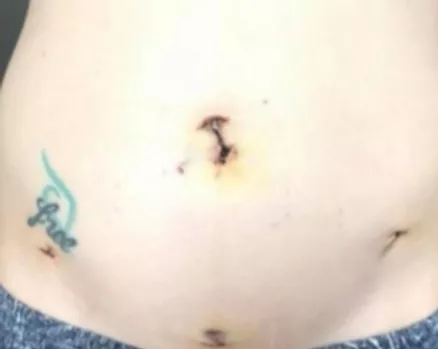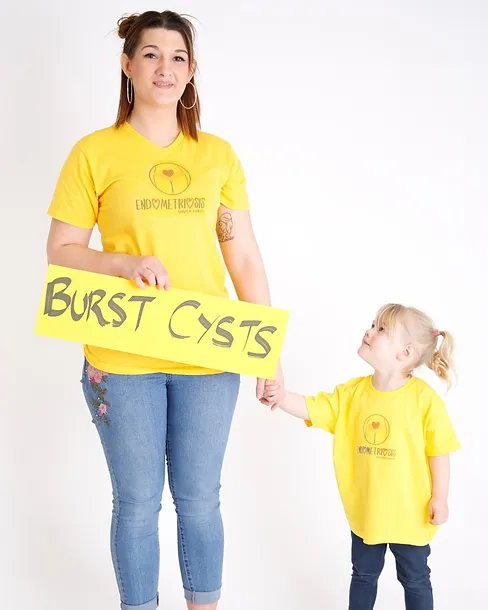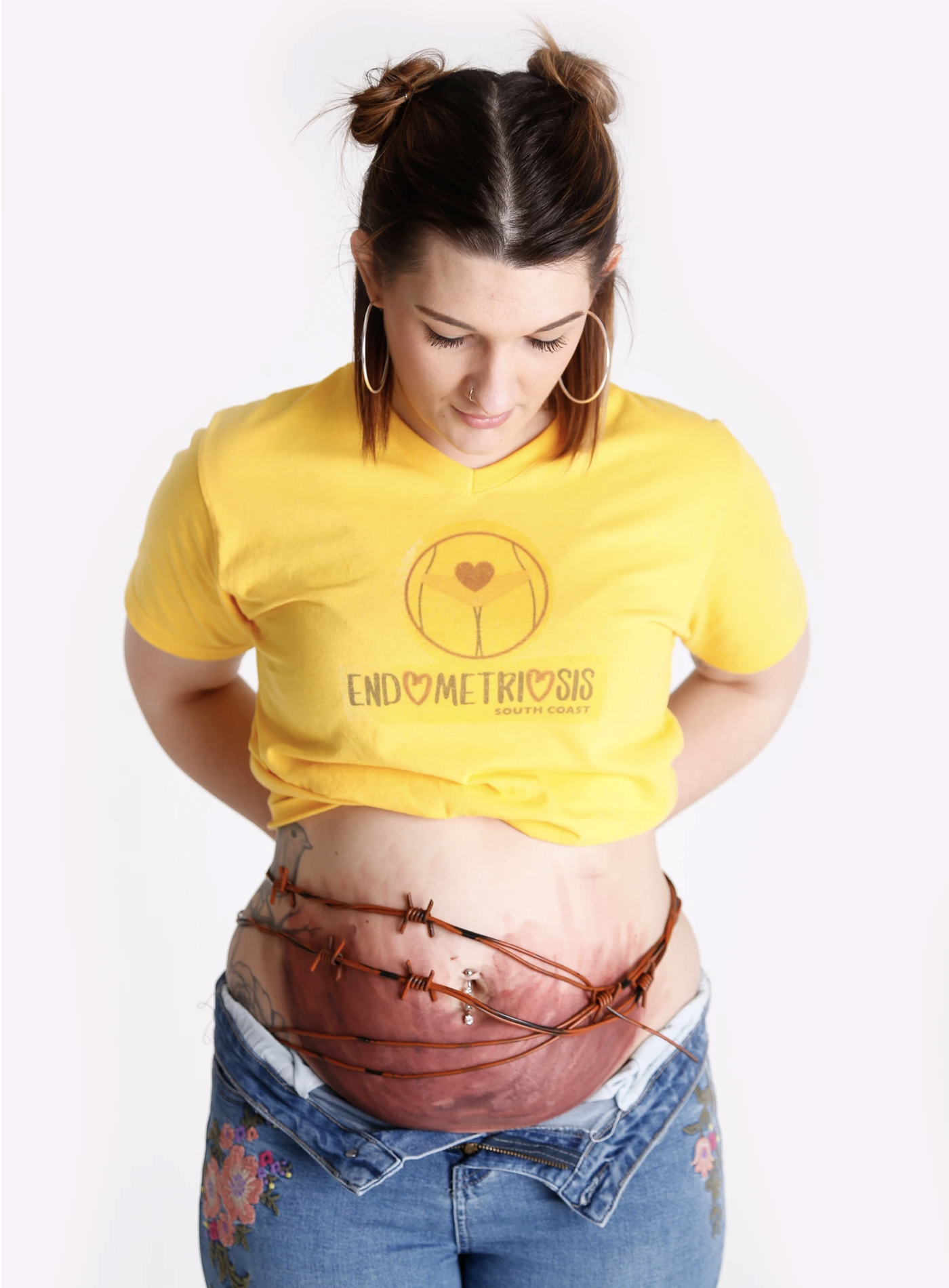Stories
We love to tell the stories of Endo Warriors, so if you want to share your stories with the people that access our page please get in touch on endosouthcoast@gmail.com.
Alex
Hey, my name’s Alex and I’m a transman with endometriosis.
I’ve had symptoms for over a decade but I only started my journey to a diagnosis at the beginning of 2021.
It’s believed I have Stage 4 endo due to its effect on my other organs but I’m still awaiting my diagnostic laparoscopy.
When I began to research endometriosis, I was overwhelmed by gender dysphoria because all the charities, doctors and the community focus on it being a ‘women’s disease.’ This meant I was constantly being misgendered while trying to educate myself on my illness. Even the medical professionals who knew I was trans were misgendering me to my face. The exclusion of trans people in the endo community led to me feeling incredibly alone and the escalation of my gender dysphoria massively affected my mental health. Over time, as my endo symptoms worsened, I was rejected and ignored by colleagues who knew I was a transgender man because they believed I was too weak and too sensitive to be a “real man”.
Aliesha
The beginning
I first had symptoms at around 15 years old but always assumed the things I was feeling were just how everyone feels (my friendship group never discussed periods). I went to the doctor for an unrelated issue at 19and happened to mention my intense pain and crazy heavy bleeding. He was the person to mention that he didn’t think that it was normal and needed further exploration, which is a very lucky position to be in compared to a lot of other people I know, as their GPs often dismiss their symptoms as “women things” or IBS. Every single person has different symptoms and this is why it is so hard to get a diagnosis.
My own personal symptoms were :
❖ bloating that made me look 6 months pregnant that was also painful and felt like there was an elastic band around my stomach
❖ really heavy bleeding on my period, (using 5-6 pads a day and 1 or 2 at night) bleeding other times of the month, sometimes for the whole month,
❖ intense period cramps that standard painkillers didn’t help,
❖ lower back pain and stomach/womb pain at other times of the month.
❖ Nausea all the time.
I went to the GP about a totally unrelated issue and was lucky enough for him to hear about my other symptoms and recommend I go to the Gynaecology department at my local hospital. Thus begins the middle of my journey and this story. Everything below is my own personal experience and was also experienced whilst working at least one job, studying for a bachelor’s degree and a Masters’s degree and attempting to have some quality of life.
Beth
I started my period later than most, at 13 years old, most of my friends had already hit that milestone in life, and I was so excited to have finally reached it myself, not knowing what was to come. My periods were always pretty heavy and painful, and I would often have to take time off of school to manage my pain & bleeding during the time of the month. My cycle was also not very regular, but I wasn’t very educated on what was or was not normal.
My mum took me to the doctors numerous times and each time I was told ‘its normal’ ‘all girls get cramps’ or ‘it will settle down, you’re only young’. By the time I was 15 my doctor put me on the pill to help regulate my cycle and to help minimize the bleeding and pain.
This had a detrimental effect on my mental health, which was already very much an issue for me. So I eventually decided to stop taking the pill. The real issues started when I became sexually active, sex was so painful and was not enjoyable like everyone else was telling me it should be.
I felt broken and I didn’t know what was wrong with me, but I was too embarrassed to seek advice as I was only 15 when I first became active, so I just stopped having sex.
No one believed me, at any point, and everyone told me to stop exaggerating and work through it.
Holly
I have endometriosis, adenomyosis and poly-cystic ovaries.
At 12 I saw my GP because my periods were so heavy and so painful I couldn’t cope.
I’d have to wake up numerous times during the night to change because even super tampons and pads and towels weren’t good enough. I could barely walk from a few days before to a few days after, the pain was so bad. My mother said it’s because I’m young, it’ll get better. My GP said I’m young it’ll get better. I was offered nothing.
I remember crying in year 8 French class because I wasn’t allowed to go to the nurse and I wasn’t allowed to go to the bathroom for a second time, even though I genuinely needed to change twice in that hour, and I was in so much pain.
Pain and hormones mean it’s so difficult to control emotions, especially when you’re 12 and no one cares.
I think I was 13 or 14 when I got a scan that showed polycystic ovaries. I was told there was nothing they could do, it was an explanation I guess, but nothing to help.
I was told I’d probably struggle to conceive children, but there would be drugs to help with that if I need them. So even as a child, my fertility was deemed so much more important than my pain and suffering. It took until I was 16 to be allowed to go on the pill. That did help a bit, with the bleeding at least. I still had cramps though, most of the time, so I was diagnosed with Irritable Bowel Syndrome. The tablets for that made me so ill, I was convinced that wasn’t the problem, and I recognised the pain of period cramps.
Obviously, no one believed me.
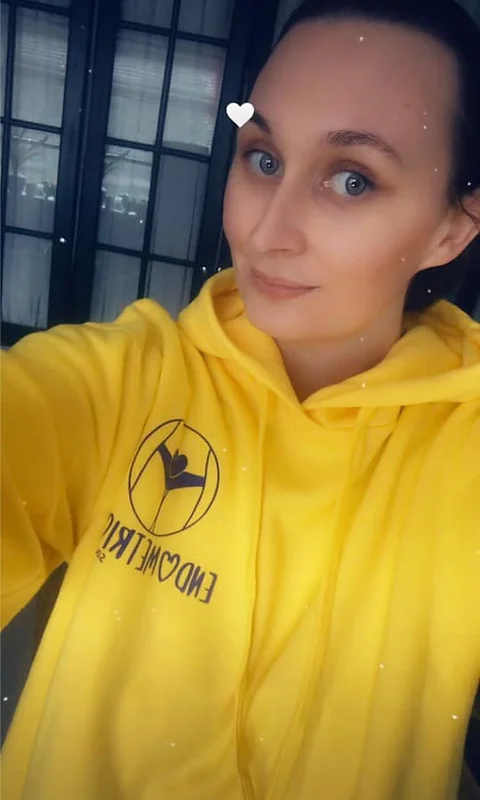
Ashleigh
Hi my name is Ashleigh, I’m 19 and I have
Endometriosis & Polycystic Ovaries.
My endometriosis journey first started properly when I was 14, although I’d had problems a few years prior. My first period was torture, but it was my first period, so I just thought that’s what it was going to be like.
I actually was told the day before I first started that if my pain got any worse that I should go to A&E as it could’ve been meningitis because I also had a severe headache, a strange rash type thing and some other symptoms, but then the day later I started bleeding and my mum congratulated me for becoming a woman!
Oh, what hell that was going to be.
